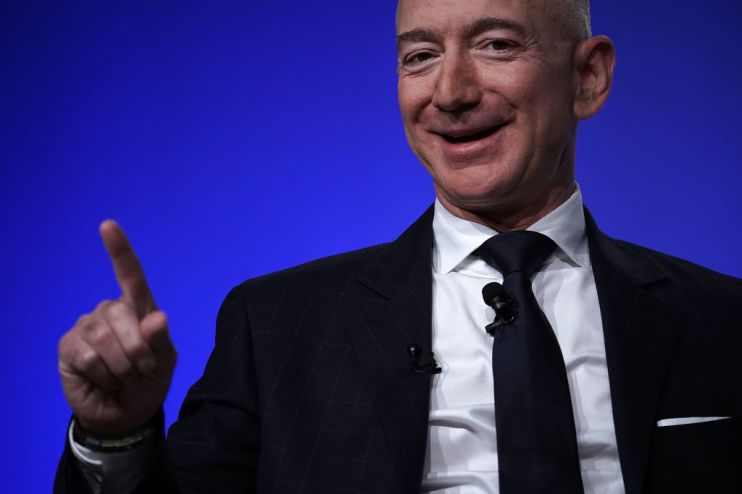As America votes, can US democracy survive without a WaPo endorsement?

The US election has given rise to a huge number of divisive, potent and important debates. For many people, regardless of whether they even have a vote in this race, the contest has raised questions about the viability of American democracy itself.
Those questions are likely to linger long after the close of polls and, for die-hard supporters on either side, may well remain unresolved.
America is not alone in feeling the difficulties and contradictions exposed by the democratic process. Across the world, societies are grappling with the complexities of polarised electorates, social media, conspiracy theories, malign influence, the erosion of trust, an explosion of new media and the fraying of common bonds. In extreme cases, democracies are under violent attack from authoritarian enemies.
In the US, the role of the media is under scrutiny like never before. Mainstream or legacy media (terms deployed as derogatory labels) compete against a vast array of insurgents. Podcasts and Youtube channels cater to every conceivable political taste while even individual social media accounts – on both (or all) sides of the debate – have millions of followers.
Traditional media brands have long since given up their role as the gatekeepers of acceptable news and opinion, though many who work in such institutions still consider that to be their sacred right, or duty.
In this context, The Washington Post’s decision not to endorse a presidential candidate sparked an almighty backlash among its own staff, alumni and readers. Reports suggest hundreds of thousands of people cancelled their subscription in protest.
To be clear, the anger was less to do with the Post choosing to remain neutral and more to do with the fact that it wouldn’t actively endorse the Democratic candidate, Kamala Harris. Marty Baron, a former Executive Editor at the paper, described the decision as “cowardice, with democracy as its casualty.”
The decision was made by owner and Amazon founder Jeff Bezos (adding fuel to many of the more lurid reactions) but the Post’s publisher, Will Lewis (a Brit), said the move was “a statement in support of our readers’ ability to make up their own minds”. Is that really such a radical idea?
A news organisation can have a perspective (City AM certainly does, and nobody reading the Post’s coverage could be in any doubt about its view of Donald Trump) but we should resist the urge to instruct our readers, trusting instead to their own good judgement.
At best, endorsements feel old fashioned while at worst they risk confirming a bias that everyone long suspected. They certainly shouldn’t be used to make staff feel better. American media faces many challenges, picking a President needn’t be one of them.
